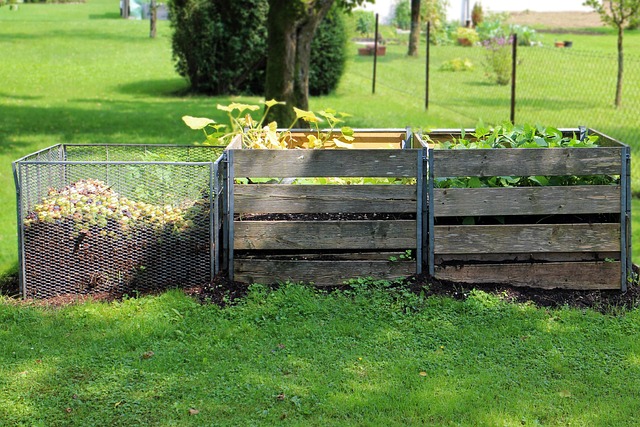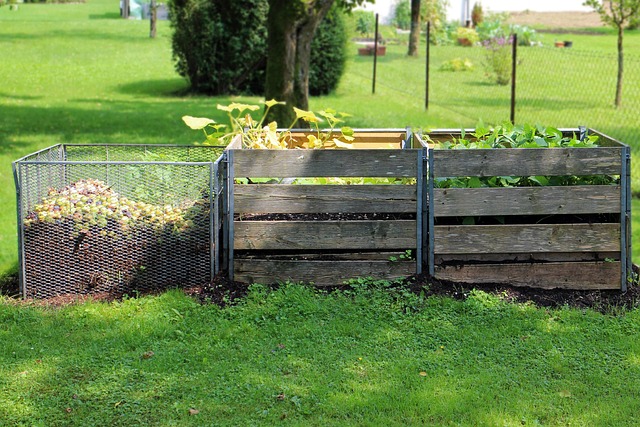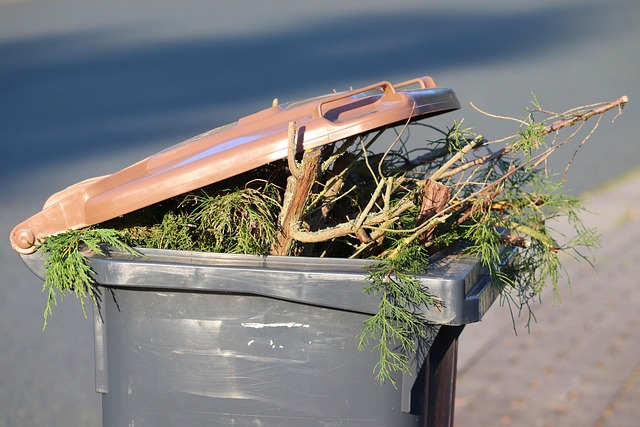Powering Your Garden: The Ultimate Guide to Eco-Friendly Komposzt Ingredients
In the heart of every gardener lies a deep connection to nature. The rustling leaves, the earthy aroma of the soil, and the vibrant colors of blooming flowers create a sanctuary where we can escape the noise of daily life. As we cultivate our gardens, it is essential to consider not just what we plant, but how we nourish the earth itself. This is where understanding compost ingredients comes into play, providing us with the tools to create a thriving, eco-friendly garden.
The Importance of Composting
Composting goes beyond merely recycling waste; it embodies a sustainable lifestyle that reverberates with our commitment to preserving the environment. As we toss vegetable scraps and yard waste into our compost bins, we engage in a cycle of life that enriches our gardens and diminishes our carbon footprint. Composting naturally recycles nutrients back into the soil, fostering healthy plants and a greener Earth.
Perfecting Your Compost Ingredients
Creating nutrient-rich compost is all about balance. Composting relies on a mix of green and brown materials. Here’s a breakdown of some excellent eco-friendly compost ingredients that you can utilize:
Green Materials
- Fruit and Vegetable Scraps: Leftover peels, cores, and trimmings are not just waste; they are packed with nutrients. Always avoid adding citrus peels in large quantities as they can affect the pH balance of your compost.
- Grass Clippings: These nitrogen-rich clippings accelerate the composting process and provide a wonderful food source for microorganisms.
- Plant Trimmings: Cuttings from your indoor plants or garden can be re-purposed, contributing to the cycle of growth.
Brown Materials
- Dried Leaves: Collecting fallen leaves in autumn not only helps to keep your garden tidy but provides essential carbon for your compost.
- Cardboard and Paper: Unbleached cardboard, newspaper, and paper towels can add bulk and aeration, promoting decomposition in your compost pile.
- Wood Chips or Shavings: These provide long-lasting carbon sources, which enhance the structure of your compost.
Additional Eco-Friendly Ingredients
While the above are the primary players in your compost, many other materials can also enhance its richness:
- Coffee Grounds: Loaded with nitrogen and often available for free from local cafes, these grounds are a win for both your garden and your wallet.
- Eggshells: Rich in calcium, crushed eggshells prevent blossom end rot in tomatoes and add valuable minerals back to the soil.
- Animal Manure: If sourced from herbivores like cows or horses, this ingredient boosts nitrogen levels effectively, but be sure to use it well-composted to avoid pathogens.
Tips for Successful Composting
To truly champion the composting process, keep these tips in mind:
- Aeration: Turn your compost regularly to ensure it gets enough oxygen, which speeds up decomposition.
- Moisture: Your compost should be kept as moist as a wrung-out sponge. If it’s too dry, decomposition slows down.
- Temperature: The ideal temperature for composting is between 130°F and 160°F. Insulating your compost during colder months can help maintain heat.
Ultimately, approaching your garden with passion and mindfulness towards compost ingredients exemplifies sustainable living. The act of composting allows us to nurture both our gardens and the planet. As we dig into the earth, we find a connection not only to the plants we grow but also to the cycle of life that sustains us all. Whether you’re a seasoned gardener or just beginning your eco-friendly adventure, remember that every ingredient you add to your compost brings us one step closer to a greener, healthier planet.



